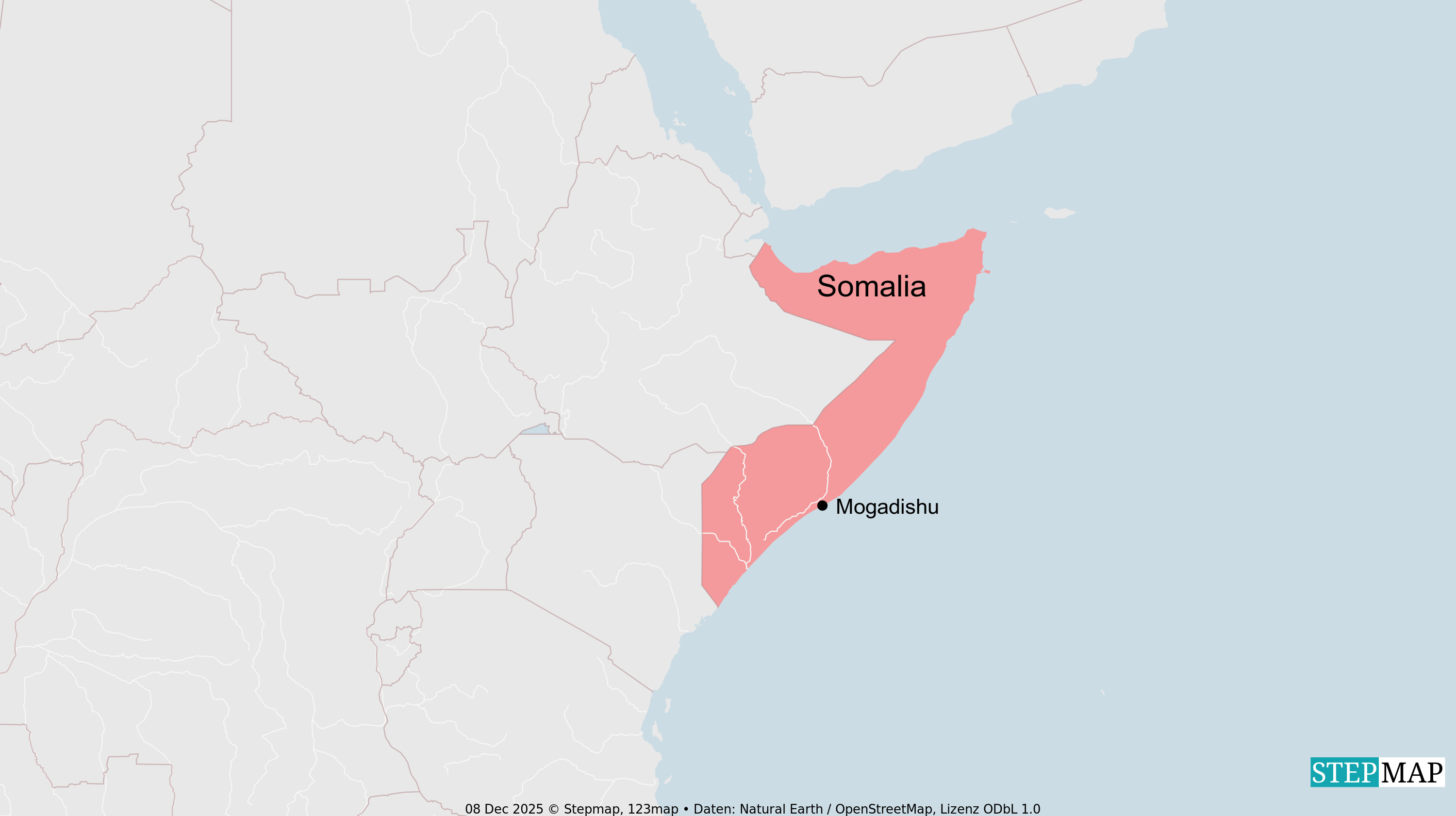Repression is not the solution
Beate Martin, Sascha Kneip (Eds.):
The politics of death.
Political violence in Southeast Asia.
Lit Verlag, Berlin 2006, 384 p.,
€29.90 ISBN 3-8258-8860-6
The authors of this collection’s 11 engaging essays tackle the causes and forms of political violence in Southeast Asia. In particular, they look at the two semi-democracies of Cambodia and Malaysia, and the defective democracies of Indonesia, Thailand and the Philippines. An introductory article by Aurel Croissant and Sascha Kneip investigates the current status of research. An analysis of ethno-religious conflicts follows, together with a study of the remnants of communist guerilla campaigns in the Philippines, and accounts of Islamic terrorism and election-related violence.
In liberal democracies conflicts are supposed to be defused at an early stage. On the other hand, in extremely authoritarian systems such as Indonesia under Suharto, the state is often so powerful that it has the ability to nip secessionist movements or Islamist groups in the bud. However, such regimes tend to respond to opposition with excessive violence.
Semi-democracies fare somewhat better. Malaysia, for instance, is a “half-way house” between authoritarianism and democracy. Francis Loh shows that a mix of powerful state, inter-ethnic elite coalition, strong economic development and a population primarily driven by material values, is capable of keeping political violence at a very low level.
Sorpong Peou describes how an authoritarian system emerged after elections in Cambodia in the late 1990s. The elite consider themselves to be virtually unassailable, because the restriction of fundamental rights has suppressed political competition. In his opinion this is the reason for the decrease in political violence.
In contrast, the young but instable democracies of Southeast Asia are characterised by political competition, fragmented elites and an erosion of the state’s monopoly on the legitimate use of force. “Defect democracies” such as Indonesia since the overthrow of Suharto are particularly vulnerable to political conflict. Consider ethno-religious disputes in Kalimantan and the Moluccas, or secessionist movements in East Timor, Aceh and Papua.
However, such experiences certainly do not suggest that political freedoms should be curtailed, for as the process of democratisation gains ground, the level of violence usually decreases. The cessation of hostilities in Indonesia’s long civil wars, and the peace now reigning in Aceh, lend support to this claim. Moreover, decades of repression initially triggered and then exacerbated many conflicts, such as those in the Philippines and Thailand. Legitimate interests cannot be suppressed forever by authoritarian means. In the long term, therefore, the conflict simmering under the surface in Malaysia and Cambodia will not be resolved without democratic governance.
Andreas Ufen







